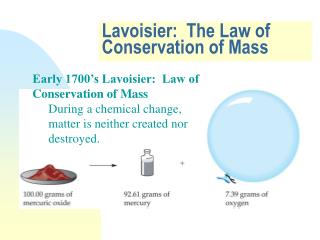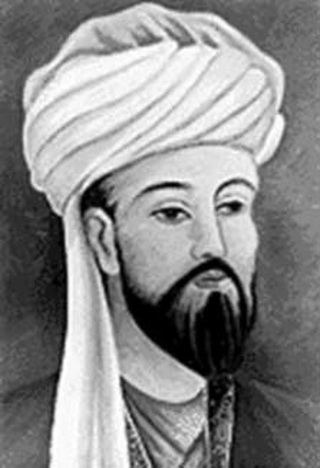What is the Matter?
What is the Matter?
Physical substance: in general, as distinct from mind and spirit
In Physics: that which occupies space and possesses rest mass, especially as distinct from energy.
As a Matter of Fact:

( so that what exists now has always existed: no new matter can come into existence where there was none before)

Empedocles: Greek Philospher
C490 BC-C 430 BC
("For it is impossible for anything to come to be from what is not, and it cannot be brought about or heard of that what is should be utterly destroyed.)
"the totality of things was always such as it is now, and always will be"

Epicurus
341 BC-270 BC
"The universe and its constituents such as matter cannot be destroyed or created."

Mahavira (6th century BC)
(The Jain text Tattvarthasutra (2nd century) states that a substance is permanent, but its modes are characterized by creation and destruction.)
"A body of matter cannot disappear completely. It only changes its form, condition, composition, color and other properties and turns into a different complex or elementary matter"


Antoine Lavoisier

 "When it comes to the 'MATTER' (of Money),According to Physics,
It ( Money) can neither be Created nor destroyed,it can only be Re-located or Re-Allocated!"
"When it comes to the 'MATTER' (of Money),According to Physics,
It ( Money) can neither be Created nor destroyed,it can only be Re-located or Re-Allocated!"

Tejinder Kamboj
"The universe and its constituents such as matter cannot be destroyed or created."
Mahavira (6th century BC)
(The Jain text Tattvarthasutra (2nd century) states that a substance is permanent, but its modes are characterized by creation and destruction.)
"A body of matter cannot disappear completely. It only changes its form, condition, composition, color and other properties and turns into a different complex or elementary matter"

Muhammad ibn Muhammad ibn al-Hasan al-Tūsī ;
18 February 1201 – 26 June 1274), better known as Nasir al-Din Tusi
,
was a Persian
polymath, architect,
philosopher,
physician,
scientist, and
theologian.
"Matter is neither created nor destroyed"
Antoine Lavoisier
Antoine-Laurent de Lavoisier (also
Antoine Lavoisier after the
French Revolution;
26 August 1743 – 8 May 1794) was a
French nobleman and
chemist who was central to the 18th-century
chemical revolution and who had a large influence on
both the history of chemistry and the
history of biology.
He is widely considered in popular literature as the "father
of modern chemistry"

Tejinder Kamboj
(1940-20??)
Comments
Post a Comment